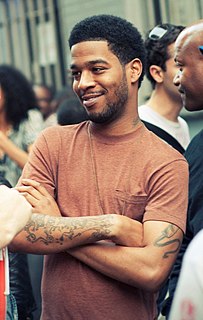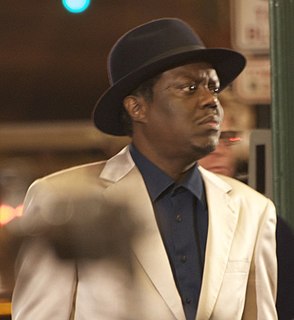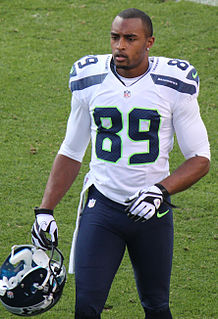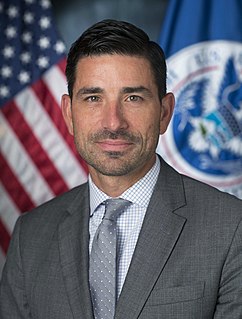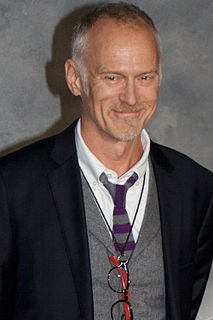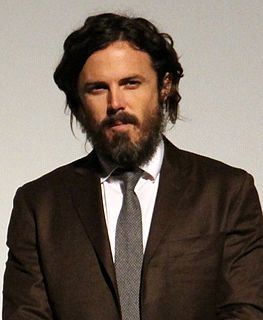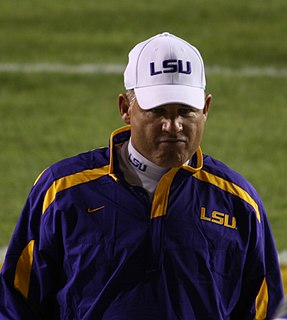A Quote by Guy Pearce
The majority of people who join law enforcement are doing it for good, moral reasons, but then there are the few who get through, where you go, 'Whoa, hold on a second. What's this guy doing here?'
Related Quotes
I started doing cocaine to get through interviews, 'cause people wanted to know a lot about my personal life and I wasn't prepared for a 60 Minutes interview every time. Doing bumps I was able to get through the day, but then I would smoke weed to calm me down - it was the only way I could get through the day without people noticing I was doing it.
All you do as a performer is keep doing it. If you keep doing it, then it depends on why you're doing it. If you're doing something for superficial, monumental reasons and if you're doing it for female attention, or if you're doing it for money, it's like being upset. Only way you can get upset is when you expecting something. If you don't get this award or don't get that award, that because you expect something.
When you say there's too much evil in this world you assume there's good. When you assume there's good, you assume there's such a thing as a moral law on the basis of which to differentiate between good and evil. But if you assume a moral law, you must posit a moral Law Giver, but that's Who you're trying to disprove and not prove. Because if there's no moral Law Giver, there's no moral law. If there's no moral law, there's no good. If there's no good, there's no evil. What is your question?
Here in Washington State, I've supported efforts to provide our law enforcement with the proper training and resources required to meet their changing and demanding needs of their job. In doing so, I feel that the community and the law enforcement relationship will gratefully benefit from a renewed sense of responsibility and accountability.
Most people have no idea what cops really do. They think cops give you a speeding ticket. They don't see the cops associating with professional criminals and making money in the process. They believe that when a guy puts on a uniform, he or she becomes virtuous. But people who go into law enforcement do so for the trill of wielding power over other people, and in this sense, they relate more to the crooks they associate with than the citizens they're supposed to protect and serve. They're looking to bully someone and they're corrupt. That's law enforcement.
When you're the guy behind the camera, you're aware of the reasons for the compromises or the changes that get made. As an actor, you go and do your thing, and someone else down the line then does all the math and goes, "We can't include that thing where he's pretending to be dumb and needling those people, because it takes a minute and a half, and it ruins the next scene. It doesn't make sense." If you're directing, you're the one doing that.
You just witnessed something I've never seen in my entire life. They just called that team (Tennessee) the winner. They said whoa, whoa, whoa, whoa, whoa, whoa, whoa, (whistles) come back here. Then they called us the winner. I'm a tell you right now as an experience, dammit, I'm going to enjoy that one as much as I hate to admit it.
[at CMC West Coast 2011, on 1 Samuel 14] If just a few of you would step up and be like Jonathan ... as you step out in faith, you know what's going to happen? There'll be people like Saul who'll say, "God's doing something through that guy, God's doing something through that girl. I want to be a part of that.




